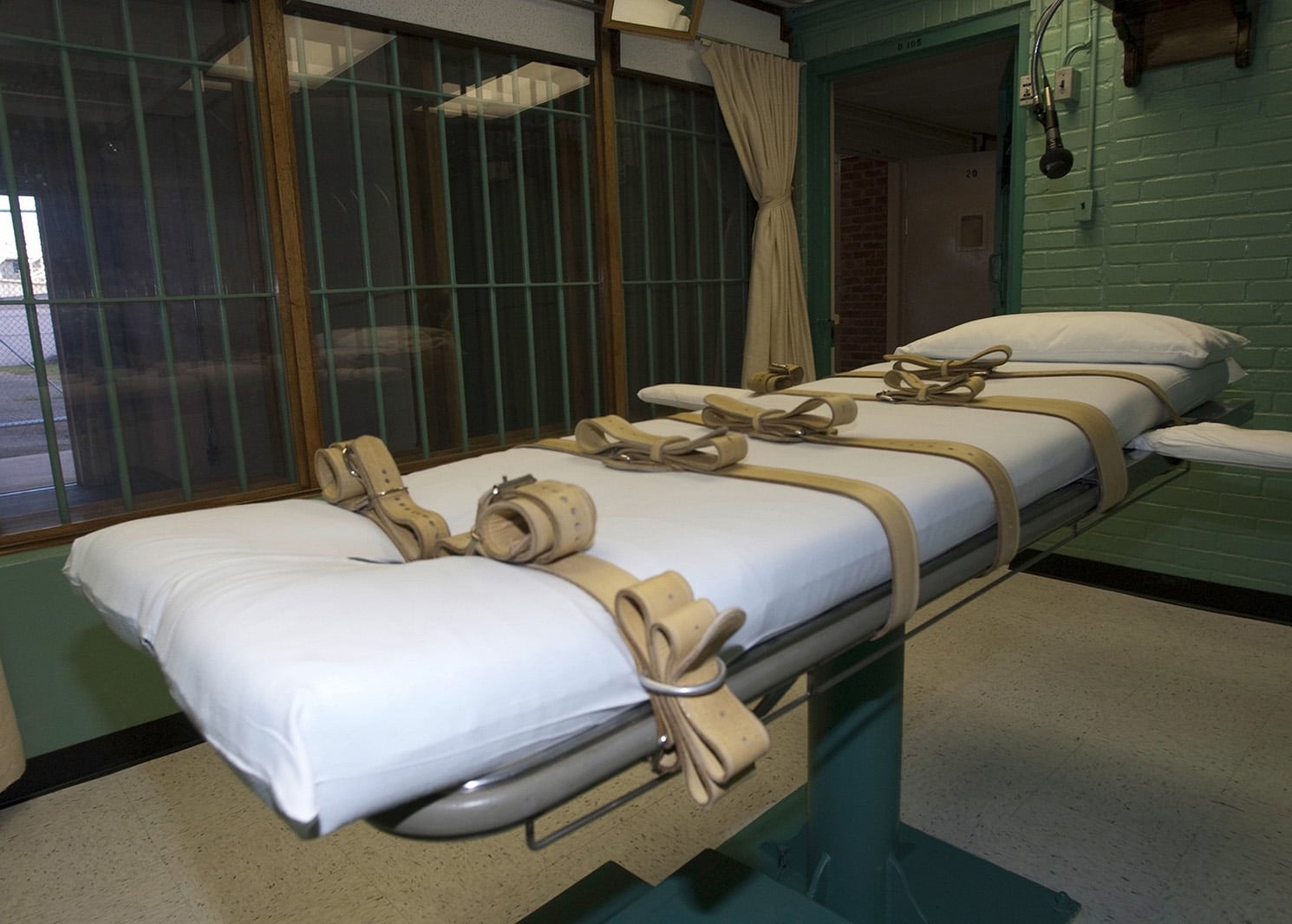(OSV News) — The nation’s Catholic bishops are inviting the faithful to join in a novena highlighting the gift of human life while praying for its protection.
The U.S. Conference of Catholic Bishops’ annual Respect Life Novena begins on Oct. 22 and concludes on Oct. 30.
The novena — available in English and Spanish on the U.S. Conference of Catholic Bishops’ website at www.usccb.org/respect-life-novena and by email — features a dedicated intention for each day along with a reflection that is preceded by the recitation of an Our Father, three Hail Marys and a Glory Be.
Also included are suggested acts of reparation — such as fasting, praying the Rosary or undertaking another form of personal sacrifice — along with recommended further readings on the Church’s teaching about the sanctity of human life.
Themes for ‘RespectLife’ novena
The novena begins with a call for the protection and care of human life from conception to natural death, and ends with a plea that “all Catholics (will) help build a culture that cherishes every person as a precious gift from God.”
The intervening days of the novena are devoted to children in the womb, pregnant and parenting mothers, those who have suffered from participating in an abortion, persons with disabilities and those who are ill and nearing death. Days 7 and 8 of the novena respectively focus on ensuring that health care conforms with God’s design for human life, and ending the death penalty.
Ahead of Respect Life Month, Bishop Michael F. Burbidge of Arlington, Virginia, the pro-life committee chair of the U.S. Conference of Catholic Bishops, urged “a revival of prayer and action” to end abortion and uphold the sanctity of human life.
The USCCB’s Respect Life Month initiative traces its origins to 1972, just prior to the U.S. Supreme Court rulings on Roe v. Wade and Doe v. Bolton, the two 1973 decisions that legalized abortion nationwide.
In a Sept. 19 statement for the October observance, Bishop Burbidge stressed that “Jesus, truly present in the Eucharist, gives us the fullness of life,” and “calls each of us to respect that gift of life in every human person.”







